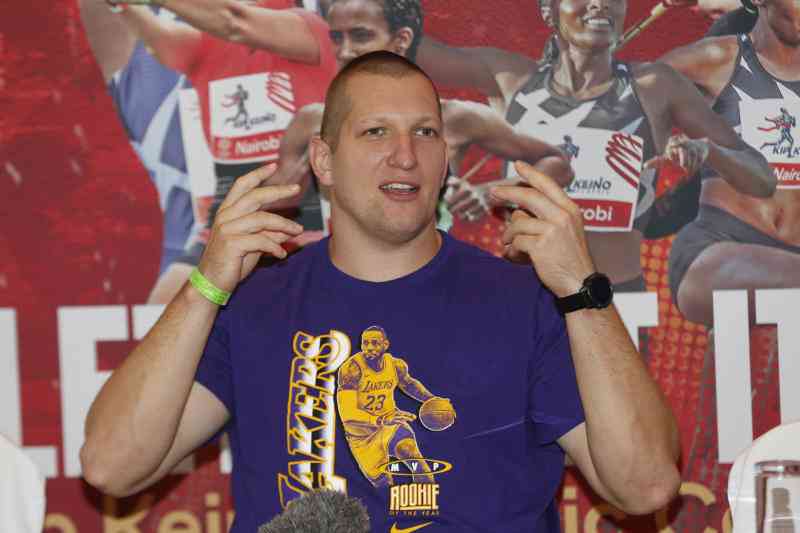I anticipated a crisis in my domestic sphere when I heard that our regular help would be gone this week and schools are closed. So I would be left holding the baby, quite literally, since the young one of the house is home.
I was glad when his grandma stepped in to help as I thought their activities would allow me a little space and time to write this column. But alas! The weekly ritual, a task normally undertaken in solemn silence, was conducted in a riotous din that involved negotiating just about everything - from the volume on TV to keeping the young man from crushing my toes using his skates. Alternately, he and his grandma made enthused cries as the lady cheered on the young man's golfing prowess – in a computer game – while discussing possible birthday gifts for the woman of the house, whose milestone is being marked today.
I started the day, not by reading the day's papers but cooking for Brownie the dog. Those are some of the chores I have taken up for the week. I went to the market earlier in the week. "Weee customer, utachukua minji? Weee customer, utachukua dhania?" (Customer, do you want peas? Do you want coriander?) That was the standard greeting from mainly female vendors at Ngara market which I haven't seen in many moons.
I walked up the road in search of Maina the butcher who used to barter my old newspapers for meat-wrapping. There was a time Maina and I would barter newspapers for pounds of meat before I realised I could barter other things. He gladly lent me one of his jikos whenever I wanted to barbeque at home. I still have the jiko.
This week, I realised to my horror that Maina's butchery is no more. The small establishment was consumed in the most recent road expansion. So I went further up the road to butcheries where the men and women in yellow coats started collecting parking fees long before they paved the pavements.
I went to an eatery popular known for mugithi-style music and ordered a kilo of goat meat. The man in a white kabuti picked a chunk of meat and weighed it.
"It's a kilo and a half," he announced, then asked: "Will you take it the way it is?" I knew the trick, but I played along. I said I would take the kilo and a half.
But on checking my money, I realised I was Sh100 short. I said I had extra money in the car.
The butcher took one look at me; I took one look at him. In that instance, each of us understood the unspoken message: If I let this man go to his car, he might never return, he seemed to think. If I leave my meat behind to get the cash, this man will steal my meat, I thought.
So the butcher did the fair thing. He wrapped the meat and escorted me to the car. That way, my meat and his money were secure.
By the time I finished writing, grandma was reading a children's version of the biblical origins of man, and the quiet jazz serenade lilting off the laptop could finally rise to the fore.
The coming week is likely to be different; the young man of the house will be exiled somewhere to join his cousins. His grandma will be off to work somewhere in Central Africa. And I will pine for their presence and their noise and joy that both distracts and inspires.
 The Standard Group Plc is a
multi-media organization with investments in media platforms spanning newspaper
print operations, television, radio broadcasting, digital and online services. The
Standard Group is recognized as a leading multi-media house in Kenya with a key
influence in matters of national and international interest.
The Standard Group Plc is a
multi-media organization with investments in media platforms spanning newspaper
print operations, television, radio broadcasting, digital and online services. The
Standard Group is recognized as a leading multi-media house in Kenya with a key
influence in matters of national and international interest.
 The Standard Group Plc is a
multi-media organization with investments in media platforms spanning newspaper
print operations, television, radio broadcasting, digital and online services. The
Standard Group is recognized as a leading multi-media house in Kenya with a key
influence in matters of national and international interest.
The Standard Group Plc is a
multi-media organization with investments in media platforms spanning newspaper
print operations, television, radio broadcasting, digital and online services. The
Standard Group is recognized as a leading multi-media house in Kenya with a key
influence in matters of national and international interest.









